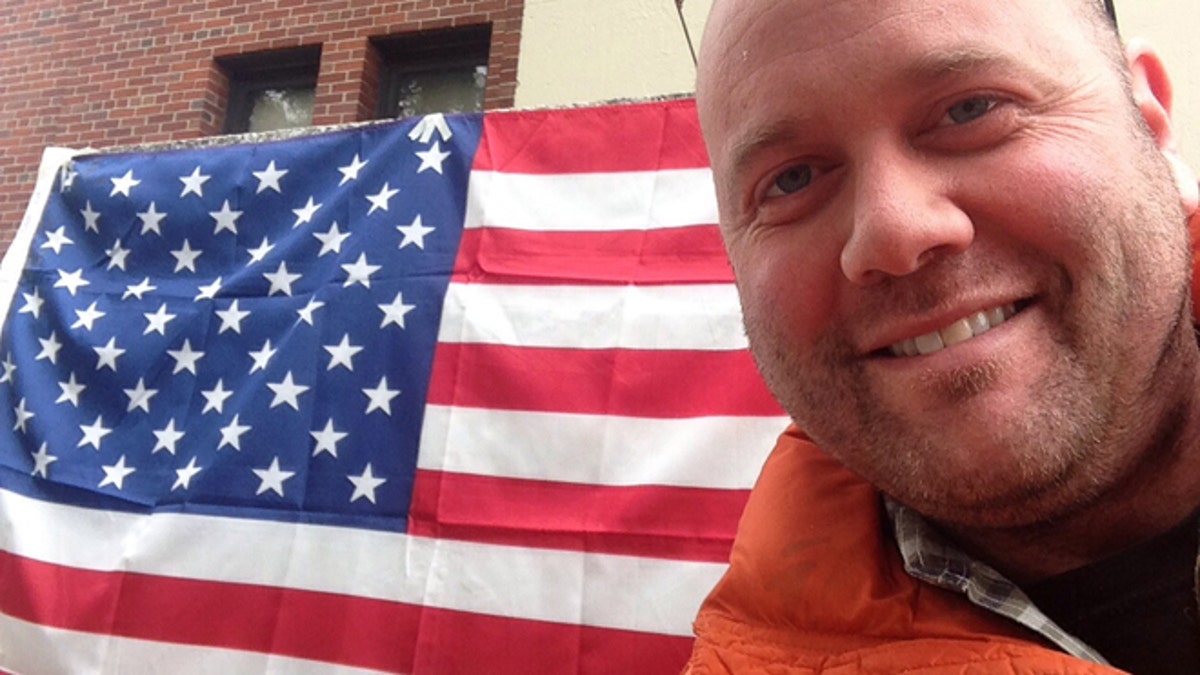
Jaime Hazan has suffered health ailments and a long-running legal battle to get help after volunteering at Ground Zero.
It's been more than a dozen years since Jaime Hazan rushed to Ground Zero to help clean up the toxic pile of rubble as America sought to recover from one of its darkest days.
But it was only yesterday when a New York court finally recognized his service, ordering that he and potentially thousands of others who took it upon themselves to help be awarded aid from a special fund set up to compensate rescue and recovery workers and administered by the state Worker's Compensation Board. Hazan, an emergency medical technician at the time, and now a resident of Jersey City, N.J., still suffers from sinus and stomach ailments and anxiety that leaves him unable to work.
[pullquote]
“My lawyer called me and I burst into tears,” Hazan said after being informed of the ruling on Thursday. "I knew if I fought for it I would be helping thousands of people and that’s what kept me going. There were days that I was not feeling well. I didn’t think I was going to make it through the process."
The Worker’s Compensation Board ruled in 2010 to not compensate Hazan because he “did not serve under the direction of an authorized rescue entity or volunteer agency” and “[did] not meet the definition of [a] volunteer.”
But the three-judge Appellate Division panel ruled the board was wrong to hold that only members of an “authorized rescue entity or volunteer agency” were entitled to payments from the WTC Volunteer Fund.
It is not yet known how much help Hazan could be eligible to receive. The formula is based on his income prior to becoming disabled and the extent to which he is unable to work. The amount will be determined by the state Worker's Compensation Board.
Hazan volunteered at a center to help victims the say of the attacks and went to Ground Zero the next day to help search for survivors.
In 2003, state lawmakers created the fund to help volunteer first-responders who became ill after helping out at Ground Zero. But with concerns that people who did not help could fraudulently get money, the Pataki administration limited aid to members or organized volunteer agencies.
“It’s a giant leap in the right direction for volunteers,” Hazan said.
He acknowledged that the fraud fears are well-founded, but fought for more than a decade to get help for himself and other volunteers who really did aid in the effort and continue to suffer for it.
“It’s a mixed bag,” Hazan said. “There are people doing illegal things but everyone was punished.”
Many volunteers were denied because they could not provide proof that they were at Ground Zero in the days after the attacks. Hazan was able to provide a sworn letter from an ambulance official from Rockland County who attested that he had met him by chance at Ground Zero during clean-up efforts. He also produced a photo which showed Hazan at the scene.

